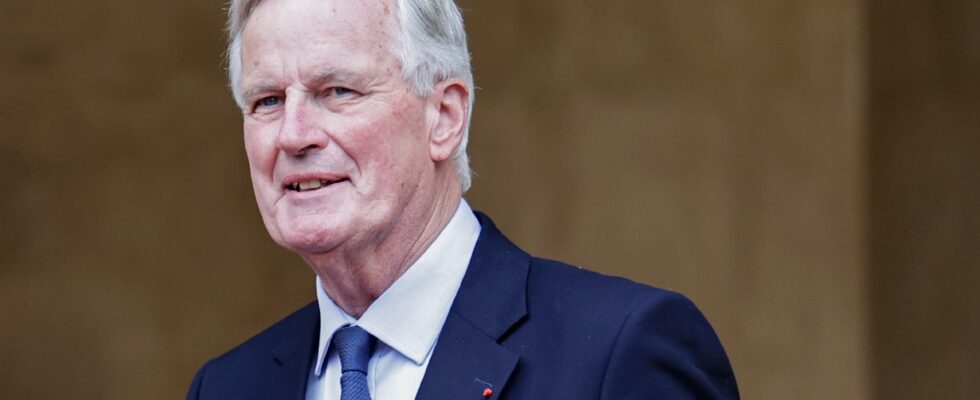A right wing full of Gaullist rigidity. What is the economic software of the one who has just taken up the post of Prime Minister? We could limit ourselves to reading a few lines of Michel Barnier’s campaign program for the LR primary in view of the 2022 presidential election: postponement of the retirement age to 65, no pensions lower than the minimum wage for a full career, increase in social security contributions for intermediate salaries, reduction of taxes for companies that manufacture in France, carbon tax at the borders of Europe… A dyed-in-the-wool right wing program.
“Barnier is an ultraliberal, a defender of the ultraliberal European Union,” declared the national secretary of the Communist Party, Fabien Roussel, the day after his arrival at Matignon. Error: the new Prime Minister is what one could call an “ordoliberal”, convinced of the virtues of competition and freedom of enterprise but convinced that the market cannot self-regulate. That rules, standards, a framework, surveillance are needed to avoid abuses and excesses.
To understand Barnier’s software, we have to go back more than ten years and head to Brussels. In February 2010, the Frenchman was appointed European Commissioner for the Internal Market and Services. At the start of this decade, the planet was dancing on a financial volcano. The major subprime crisis – these rotten real estate loans – which started in the United States, contaminated the planet. All the major banks, even European ones, were affected. States had to recapitalize them with billions of dollars or euros, to avoid new bank failures that could bring the world economy to its knees and wipe out the savings of millions of savers. However, it was impossible to save the banks without compensation. Everywhere in the United States, the United Kingdom and Europe, the time was that of banking and financial regulation. In Brussels, Michel Barnier was at the helm: during five years at the Commission, he would be behind nearly 40 European regulations governing the activity of banks.
At the bedside of the NGO Finance Watch
But the matter is dry, complex and the major international banks are busy in Brussels to unravel this new framework. About twenty European parliamentarians from all sides, including the Green MEP at the time Pascal Canfin, then called for the creation of a counter-lobby to help understand the current issues. Barnier was convinced and, at the beginning of 2011, granted an annual subsidy of 1 million euros to a nascent NGO, Finance Watch. A sort of Greenpeace for banking. “This funding, which represented almost half of our budget, allowed us to develop,” says Thierry Philipponnat, the founder and now chief economist of the NGO. In the process, Barnier asked a group of experts chaired by the former president of the Central Bank of Finland, Erkki Liikanen, to think about a major banking reform.
Their report, submitted in early 2012, which advocated a separation of retail banking activities from riskier ones, infuriated the financial lobby. The proposals were largely taken up in a major draft regulation on the reform of the European banking system that the Commissioner presented in early 2014. In France, these dazzling measures provoked an outcry within the Hollande government itself. It must be said that the socialist president had his own law passed, a pale copy of the Barnier regulation and which would quickly be emptied of its substance. “The Barnier reform would be definitively buried by the Latvian Commissioner Valdis Dombrovskis in 2016”, says Christophe Nijdam, former head of Finance Watch and author of Finance for Dummies. Dombrovskis, very close today to Ursula von der Leyen…
The lesson of history? In his role as Prime Minister, Barnier will seek to respect the European rules voted on, and in particular the budgetary rules. From his first public intervention, the tenant of Matignon spoke of “fiscal justice”. Between the lines, we should perhaps understand an increase in taxes, in particular on high incomes and – or – large companies. Contrary to the Macron doctrine.
